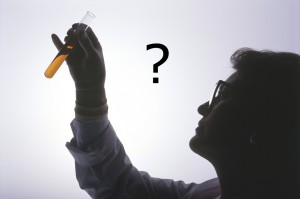While the significance of forensic evidence in criminal trials has risen, questions about validity of forensic analyses also arise. A recent article in the Journal of Applied Research in Memory and Cognition offers a psychological study on various factors that may influence the findings of a forensic science examiner. “The Forensic Confirmation Bias: Problems, Perspectives, and Proposed Solutions,” was written by Saul Kassin and Jeff Kukucka of John Jay College of Criminal Justice (New York City), and Itiel Dror of University College London (United Kingdom).
In the following paragraph, the authors highlight problems with forensics (citations omitted).
Popular TV programs, such as CSI, communicate a false belief in the powers of forensic science, a problem that can be exacerbated when forensic experts overstate the strength of the evidence. Such occurrences are common when you consider the following: (1) Across many domains, experts are often overconfident in their abilities; (2) the courts, for the most part, have blindly accepted forensic science evidence without much scrutiny; (3) errors are often not apparent in the forensic sciences because ground truth is often not known as a matter of certainty; (4) many forensic examiners work for police and appear in court as advocates for the prosecution; and (5) many forensic examiners consider themselves objective and immune to bias. As stated by the Chair of the Fingerprint Society: “Any fingerprint examiner who comes to a decision on identification and is swayed either way in that decision making process under the influence of stories and gory images is either totally incapable of performing the noble tasks expected of him/her or is so immature he/she should seek employment at Disneyland.”
If you plan to explore a possible forensics flaw in your story, then you may want to peruse the article, which is available at the Science Direct website.

